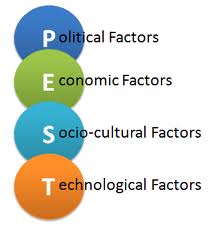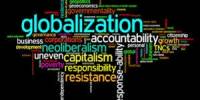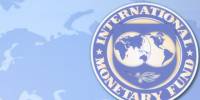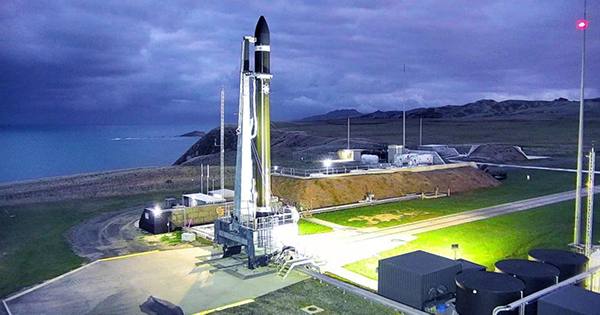Introduction:
There are some major forces in the company’s macro environment. These forces always have remarkable effect on trade in any country. So a country’s macro environment factors are needed to be considered while doing business; especially when the trade is between two countries.
Macro Environmental Factor
The forces of macro environment are uncontrollable forces. But still these elements must be adapted.
| Factor | Could include: |
| Political | e.g. EU enlargement, the euro, international trade, taxation policy |
| Economic | e.g. interest rates, exchange rates, national income, inflation, unemployment, Stock Market |
| Demographic | e.g. ageing population, attitudes to work, income distribution |
| Technological | e.g. innovation, new product development, rate of technological obsolescence |
| Natural | e.g. global warming, environmental issues |
| Cultural | e.g. forces that affect a country’s basic values, perceptions, preference and behavior. |
Political Environment
The political environment consists of laws, government agencies and pressure groups that influence or limit various organizations and individuals in a country. The laws affect the major trends of political environment in a country. Some organizations have made some rules and regulations for trading. These organizations include WTO, SAFTA, and NAFTA and so on. Trade is highly affected by the rules and regulations of these organizations.The political condition is not under control of any country. Still, India has stable political environment compared to Bangladesh.
Economic Environment
Trades require consumers’ demand, buying power, income, wealth, willingness to pay and also people. The economic environment consists of factors that affect consumer purchasing power and spending patterns. Nations vary greatly in their levels and distribution of income. Some countries consume most of their own agricultural and industrial output. Bangladesh has efficiency in agricultural sector and India has efficiency in industrial sector relative to each other.Changes in income and change in consumer spending pattern are the major economic trend.Economic environment is controlled in India compared to Bangladesh.
Demographic Environment
Demography is the study of human population in terms of size, density, location, age, gender, race, occupation and other statistics. This demographic environment is important as it involves people and people make up the markets. So, demographic environment is very important for any type of trade within or outside the country.
In case of trade between Bangladesh & India, demographic environment should be cautiously considered. Because these trades are dependent on the change in age structure of the population and all other factors related to the population. Trade is entirely dependent on the people or population of a country.This environment is almost uncontrollable for both the countries.
Technological Environment
The technological environment is the most dramatic force that is shaping the destiny of a country. New technologies create new markets and opportunities. The country that is technologically advanced can easily cope up with the changes in any type of environment.India is very much advanced in technology compared to Bangladesh. So India has comparative advantage and control over Bangladesh in the telecommunication sector.
Natural Environment
The natural environment involves the natural resources that are needed as inputs for producing outputs, which are traded later. If the natural resources are scarce in any country, the production will be less for sure.The major trends of natural environment are shortage of raw material, increased pollution, increased government intervention.Bangladesh has some control over natural resources. Only because of shortage of money, these cannot be utilized properly.
Cultural Environment
The cultural environment is made up of institutions and other forces that affect a country’s basic values, perceptions, preference and behavior. This environment shows long- term trend toward a lessening trust of institution, increasing patriotism, greater appreciation for nature, a new spiritualism and the search for more meaningful and enduring values.The cultures of the two countries are similar; in particular India’s West Bengal state and Bangladesh are both Bengali speaking.
















